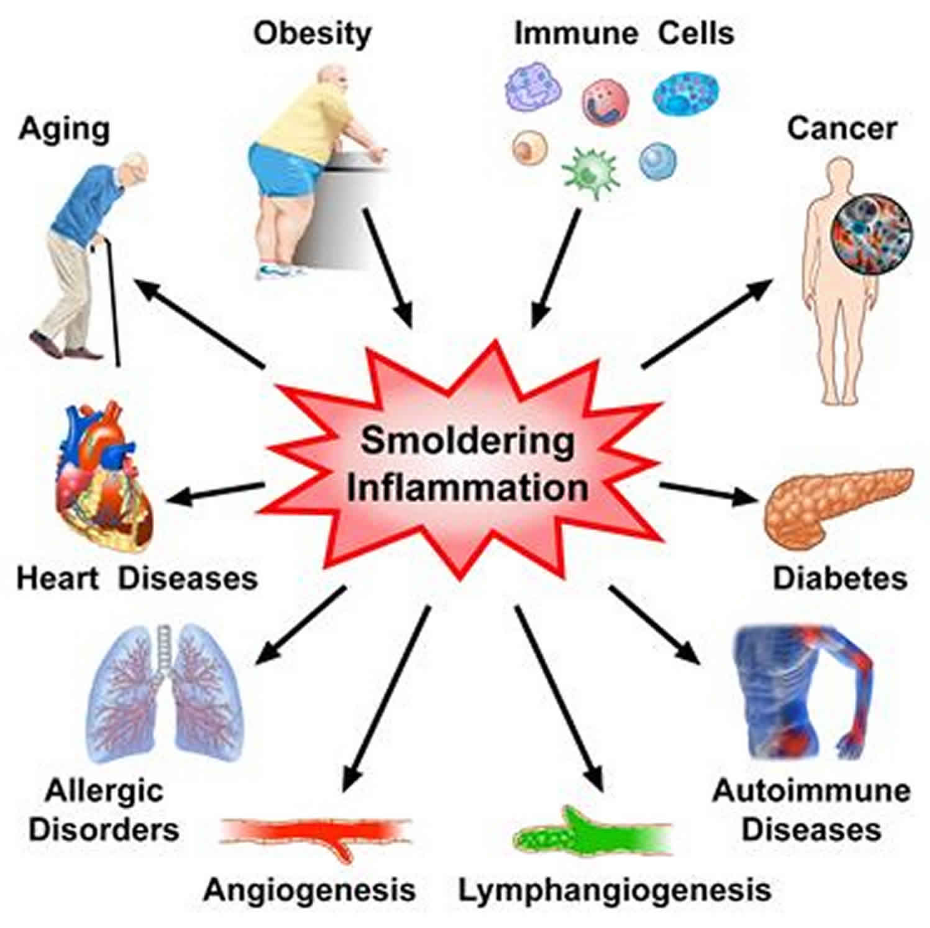Yes, animal protein is generally considered acid-forming when metabolized in the body. Animal-based protein sources, such as meat, poultry, fish, eggs, and dairy products, contain sulfur-containing amino acids that can contribute to the production of acids during the metabolic process.
When these sulfur-containing amino acids are broken down and metabolized, they release sulfuric acid, which can contribute to the overall acid load in the body. This is why animal protein is often classified as acid-forming.
It's worth noting that the acid-forming potential of animal protein should be considered within the context of an overall balanced diet. While animal protein can provide essential nutrients, it's important to balance it with alkaline-forming foods like fruits, vegetables, and whole grains to maintain a healthy acid-base balance in the body.
Additionally, different animal protein sources can vary in their acid-forming potential. For example, certain types of fish, such as salmon or sardines, are considered less acid-forming compared to red meat or processed meats.
Ultimately, achieving a healthy acid-base balance involves considering the overall dietary pattern, incorporating a variety of nutrient-dense foods, and maintaining a balanced intake of both acid-forming and alkaline-forming foods.
